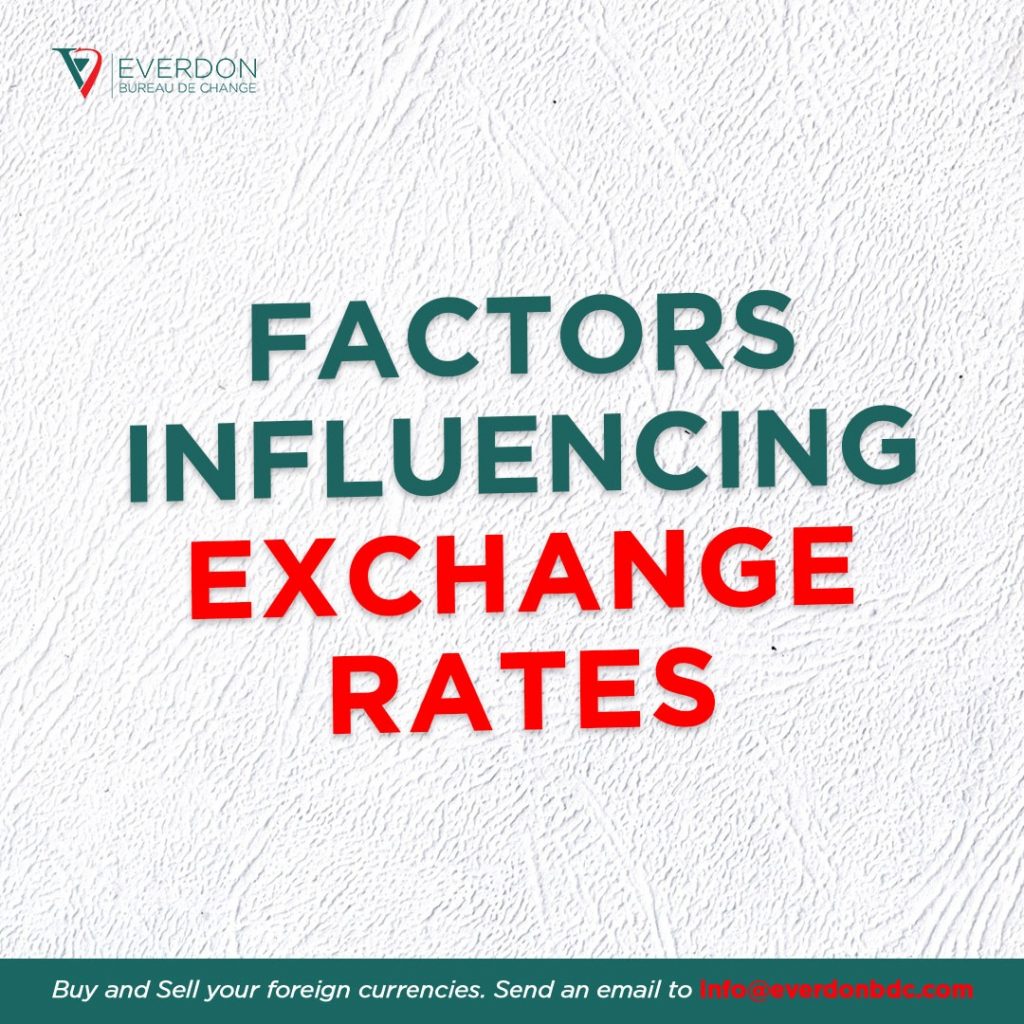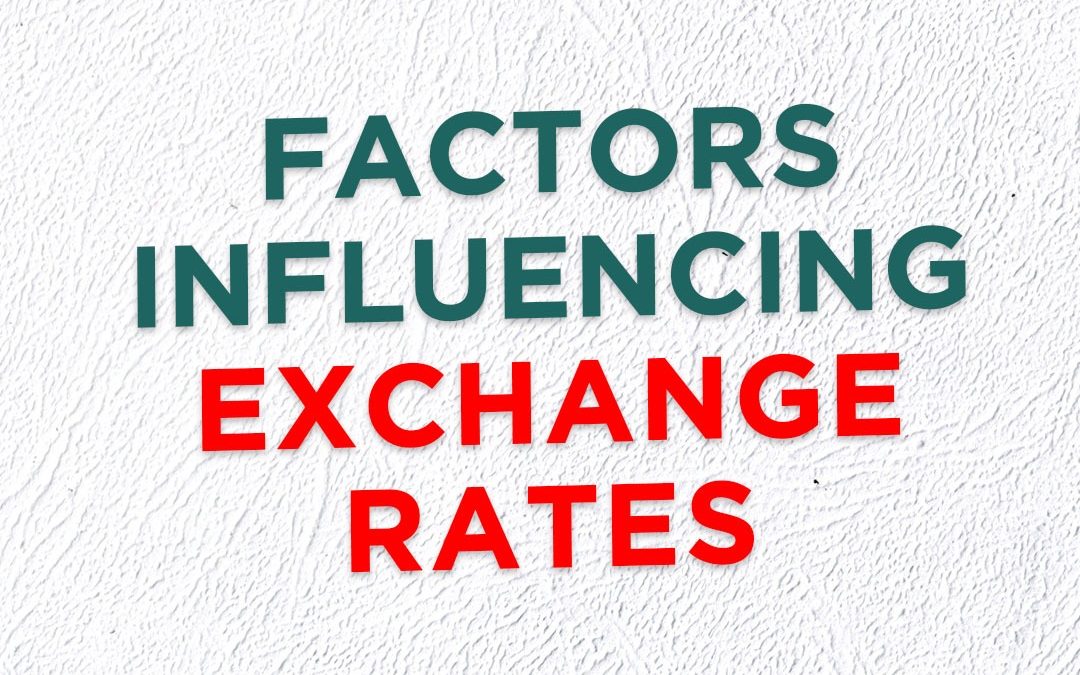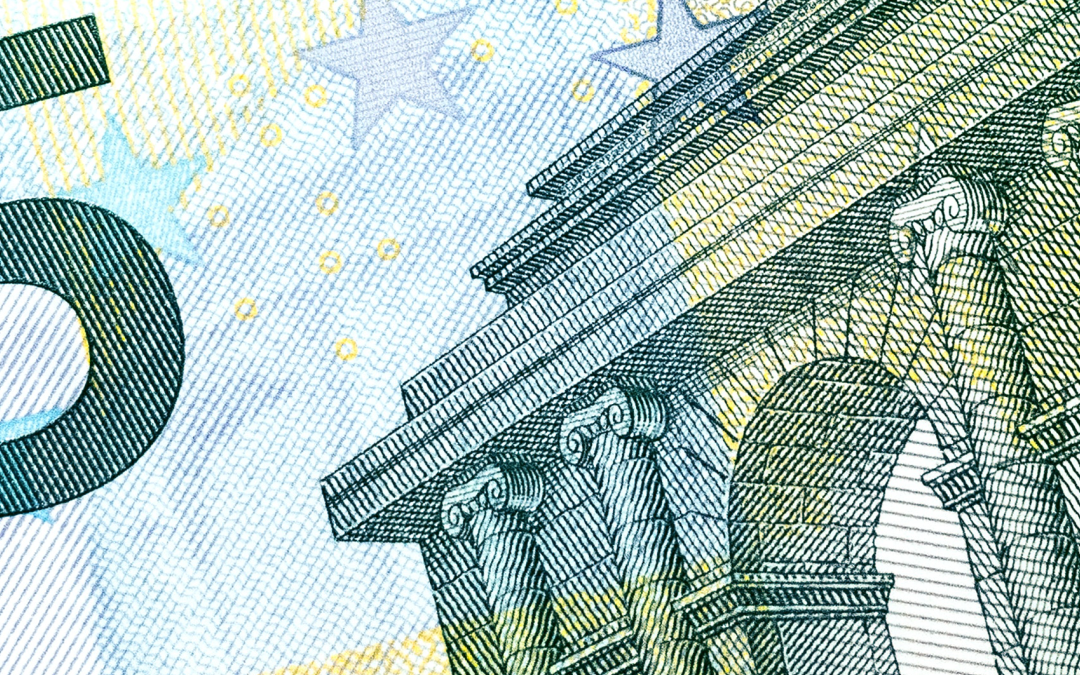
Perhaps, you are thinking of sending or receiving money abroad, we advise you get the right knowledge and information concerning the currency exchange market. To understand the rate determinant, factors that influence fluctuation, and what makes it volatile, here are some highlights;
1. Inflation rates
The value of a country’s currency may be affected by inflation rates. With a low inflation rate, a currency’s purchasing power rises relative to other currencies, resulting in a rise in currency value. Those with higher inflation, on the other hand, typically see their currencies depreciate in comparison to their trading partners, with higher interest rates.
Inflation pressures may also be influenced by the government’s debt. A country with government debt (government-owned public or national debt) is less likely to attract foreign capital, resulting in inflation.
2. Monetary Policy and Economic performance
Investors are more likely to seek out countries with records of strong economic performance and sound monetary policy. Demand for such a country’s currency shoots up, and its value rises. Another factor that can affect currency value is a reduction in foreign investments.
3. Tourism
Using Nigeria as a case study; when you travel out of Nigeria to another country, you’ll get more money from a money transfer to that country if our Naira appreciates against their foreign currency. Similarly, depreciation means that foreigners are likely to visit and spend more money in that country.
4. Geopolitical stability
The political state of a country can affect its currency and economic performance. A country with a lower risk of political unrest will be more appealing to foreign investors, resulting in a stronger domestic currency.
Investors are more likely to purchase a currency if the economic and political landscape of that country is stable. Unprecedented political issues pose a risk to foreign investors, may devalue the currency which can lead to withdrawal of funds by investors.
5. Import and export value
A country’s balance of payment also known as BOP summarizes all international trade and financial transactions carried out by individuals, businesses, and government entities. Imports and exports of goods, services, and capital all fall under this category.
If the price of a country’s exports is greater than their imports, its ‘terms of trade’ will improve. This increases demand for the country’s exports and by extension, its currency.




